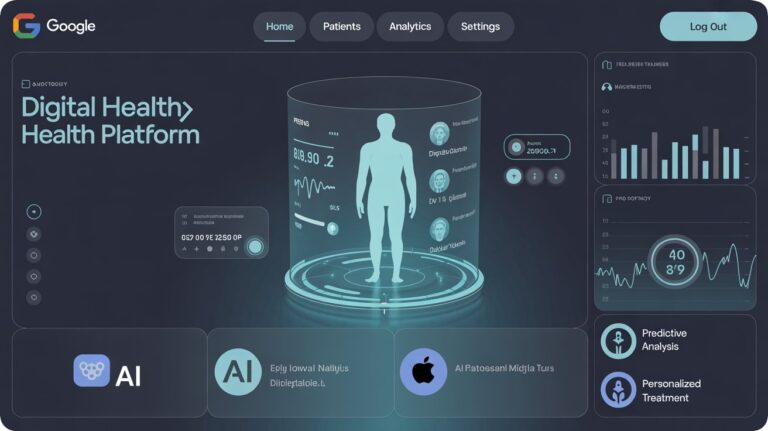
Robot Drawing Blood
A team of researchers, led by researchers at Rutgers University, has developed a robot that performs a superior job in getting blood samples from patients.
In the study “First-in-human evaluation of a hand-held automated venipuncture device for rapid venous blood draws” published in the journal Technology, the researchers said that manual drawing of blood samples from patients creates unnecessary costs to healthcare facilities as success rate is heavily dependent on patient physiology and clinician experience. Difficulties in manually drawing blood samples, the researchers said, result in missed sticks and injury to patients that further need alternative access pathways and additional personnel, leading to longer procedure period.
The researchers said that the robot that they have developed safely draws blood on peripheral forearm veins of patients by using ultrasound imaging and miniaturized robotics to identify suitable vessels for blood extraction. The researchers reported that this robot’s performance was comparable to or exceeding that of clinical standards.
Clinical trial results showed that out of 25 human participants whose veins were easy to find, the blood-drawing robot’s success rate was 97%. Results of the clinical trial out of 31 human participants whose veins were easy to find and those with veins that weren’t easy to access, the overall success rate of the blood-drawing robot was 87%.
The superior performance of this blood-drawing robot, the researchers said, could lead to the development of a robot for other areas of vascular access, including IV catheterization, dialysis, central venous access, and arterial line placement.
“A device like ours could help clinicians get blood samples quickly, safely and reliably, preventing unnecessary complications and pain in patients from multiple needle insertion attempts,” said lead author of the study Josh Leipheimer, a biomedical engineering doctoral student in the Yarmush lab in the biomedical engineering department in the School of Engineering at Rutgers University–New Brunswick.





